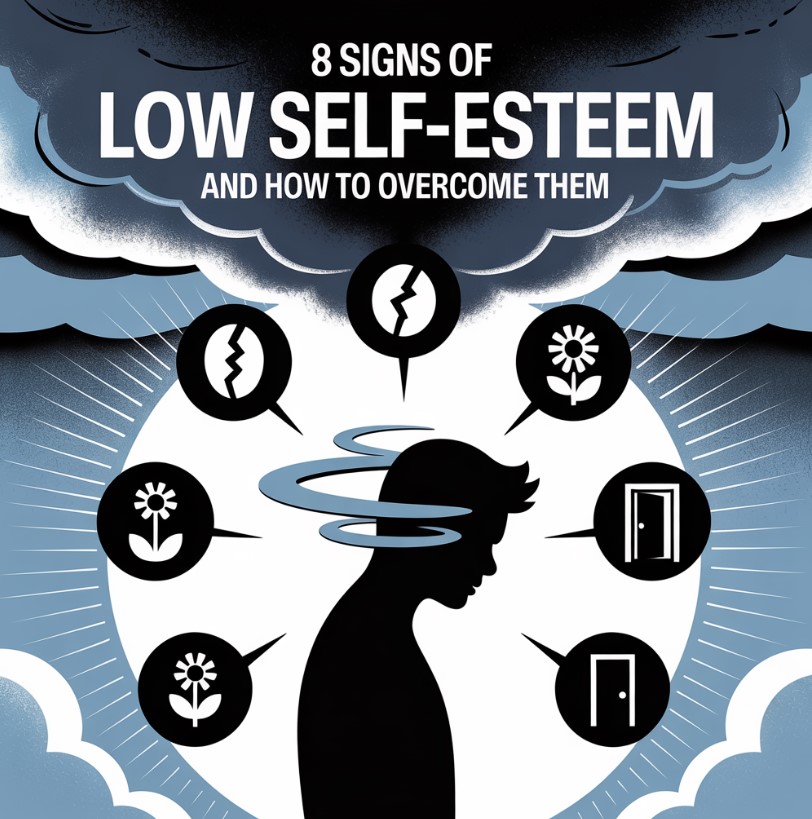Ethics in everyday life and Examples

Contents
Ethics and morals are not merely abstract philosophical concepts confined to academic texts; they are dynamic principles that profoundly shape our everyday existence. They serve as an internal compass, influencing our choices, defining our relationships, and ultimately determining the kind of individuals and communities we build. Living a principled life means consciously integrating these values into our actions, fostering not only personal well-being but also contributing positively to the world around us.
Cultivating strong personal character begins with foundational ethical commitments. At the heart of this lies integrity, the unwavering adherence to one’s moral and ethical principles, manifesting as honesty in communication and responsibility in conduct. It involves a coherence between what we believe, say, and do. This isn’t just about avoiding outright falsehoods, but about transparency and authenticity in all our dealings. When errors occur, particularly in professional or personal contexts, a person of integrity demonstrates accountability by acknowledging mistakes directly and focusing on rectification rather than concealment. This commitment to truthfulness and ownership extends to fulfilling commitments – keeping our word once it’s given. Following through on promises, whether large or small, builds trust and reliability, forming the bedrock of dependable relationships.
Ethical living also deeply impacts how we navigate our interactions with others. Fundamental to harmonious coexistence is respect – recognizing the inherent dignity and worth of every individual. This principle compels us to treat others with courtesy, consideration, and fairness, regardless of their background or beliefs. A vital extension of respect is the embrace of diversity and the practice of tolerance. Our world is rich with varied perspectives, cultures, and identities. Ethical engagement means valuing these differences, actively seeking to understand them, and fostering an environment where all feel included and valued. This stands in opposition to prejudice and judgment based on superficial traits.
Building deeper, more meaningful connections requires empathy and compassion. Empathy is the capacity to understand and share the feelings of another, allowing us to connect with their experiences and perspectives. Compassion moves beyond understanding to a genuine desire to alleviate suffering and act with kindness. When a friend or colleague is struggling, offering a listening ear, providing comfort, or offering practical support demonstrates these vital ethical traits. These qualities help us respond to others’ needs with sensitivity and care, strengthening the bonds of community.
Beyond personal interactions, ethical principles guide our role within the broader society and our relationship with the planet. Striving for fairness involves treating people equitably and making impartial decisions, advocating for justice where it is lacking. This means ensuring equal opportunities, opposing discrimination, and recognizing that different individuals may require different forms of support to achieve equitable outcomes. Solidarity calls us to recognize our interconnectedness and act in support of those in need. This can range from contributing time or resources to charitable causes to advocating for policies that promote the common good and support vulnerable populations. Furthermore, ethical awareness now encompasses our responsibility to the environment. Environmental stewardship means recognizing our impact on the natural world and making conscious choices to preserve resources and protect ecosystems for future generations, through actions like recycling, conserving energy, and supporting sustainable practices.
Incorporating these principles – whether it’s the personal fortitude of integrity and responsibility, the interpersonal grace of respect and empathy, or the broader awareness of justice and stewardship – is an ongoing practice. It’s not about achieving moral perfection overnight, but about making conscious choices each day that align with our highest values. By consistently striving to live honestly, treat others with dignity, act with compassion, and contribute positively to our communities and the environment, we not only enrich our own lives but also help weave the fabric of a more just, empathetic, and sustainable world. Ethical living is a continuous journey of reflection, growth, and purposeful action.











